
NATIONAL PARKS
27-12-2023 by redazione
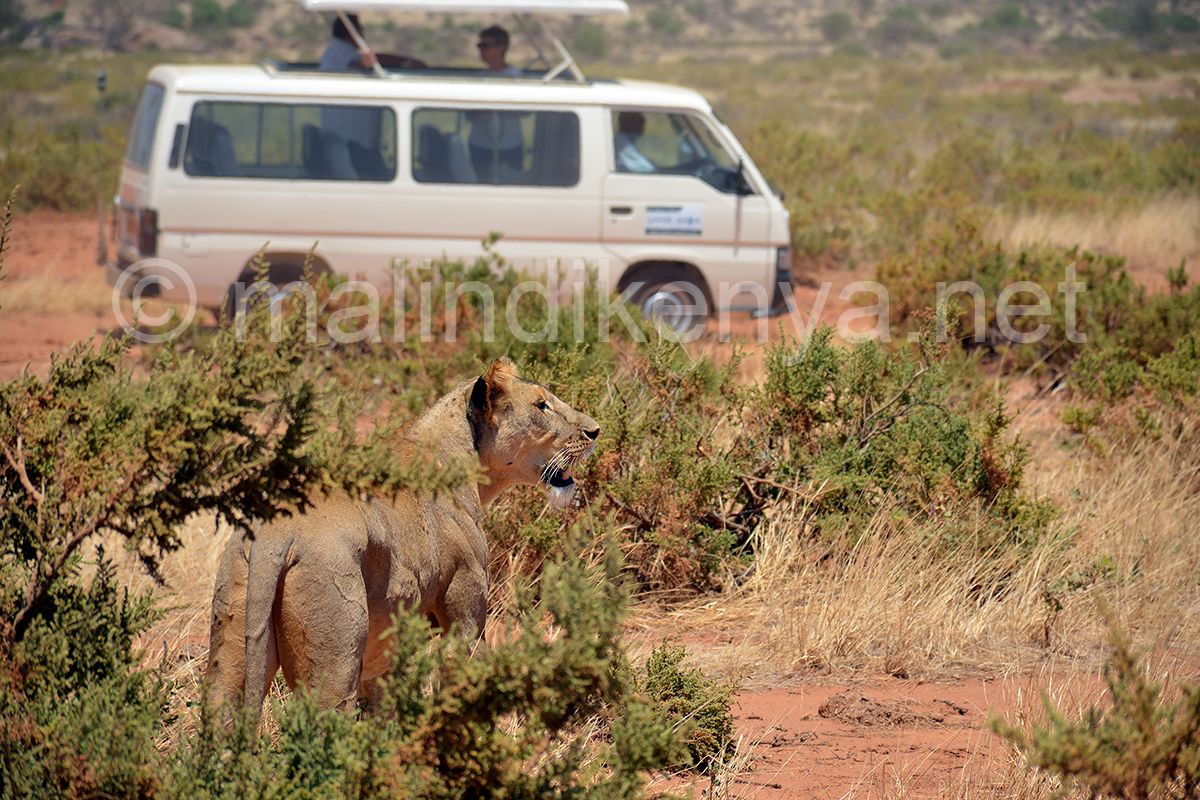
Among the various increases (and the few decreases, as in the case of entry visas to the country) that await those living in and visiting Kenya in 2024, one of the most significant relates to entry fees to the country's parks and nature reserves.
The so-called Safaris are undoubtedly Kenya's number one international attraction and on the 'ticket price' to witness the great spectacle of the animal kingdom, depends (or should depend) the conservation of the savannah, through the efforts of the government body KWS (Kenya Wildlife Service). We had already covered the increases for the Maasai Mara, the reserve that is, however, not part of the KWS tariff schedule, because it is managed directly by Narok County and the Maasai communities themselves.
Turning to the national parks, the KWS had recently informed us that rates would increase from 1 January, and despite the opposition of the various tourism associations, the new price list is definitive, and even envisages rates that will double, if not triple, the current ones, considering also that the increases for tourists and residents are calculated in dollars, and with the current devaluation of the shilling, for those (just like the residents) who think and earn in local currency, the increase is even more noticeable.
But the bloodletting is also for Kenyans and East African community citizens themselves, who will pay about 2,000 shillings to enter, effectively quintupling the price of the previous ticket, with significant increases even for the entry of their vehicle. This means that a driver with his off-road vehicle, for example, will have to pay much higher expenses than before, which will be added to the safari 'package' offered to his clients.
But let us see in detail what changes for tourists: to enter the Tsavo East and West, a tourist will pay 20% more than in 2023, or 100 dollars, which at today's exchange rate is 16 thousand shillings, so almost double what it was in January 2023, when the dollar was worth 30% less than now.
While a resident will see an even more staggering rise in costs: from 800 shillings to $50! That is at the current exchange rate 8500 shillings, roughly what a tourist paid a year ago. This seems even more absurd, especially for all the resident professionals who organise quality or tailor-made safaris that are safe and super-professional.
The same rates can be found in Amboseli Park, Lake Nakuru and what is even more incredible, at Nairobi National Park, where tourists passing through Nairobi on their way to other destinations often take advantage of this great, unique resource of a nature reserve in the city with free-roaming animals, to spend a few hours there. From January, with the doubled cost of admission, the tenfold increase in the cost of an escort and vehicle, anyone will think twice.
In conclusion, one wonders whether the increase is really the only solution to preserve Kenya's national parks. The KWS has of course stated that the additional revenue will be used precisely to improve security and preserve the beauty of the savannah, and some conservationists believe that raising prices and decreasing the phenomenon of crowded parks (especially Nairobi National Park) of even local tourists, picnickers who pollute and do not respect the rules, will gain in exclusivity.
Private reserves, which once appeared as 'elite lounges', will certainly gain and become more competitive.
In any case, tough times for safari workers, it will not be easy to make customers understand that what they were paying until this year is a mirage and that prices have practically doubled. Not least because to the entrance fees, we have to add the substantial increase in fuel, and that in general of the cost of living.

Starting in the next few months, prices for entrance fees to Kenya's parks and reserves could...
SAFARI KENYA
by redazione

From next January, foreign tourists wishing to enter the Masai Mara reserve will have to pay double...
NATIONAL PARKS
by Leni Frau
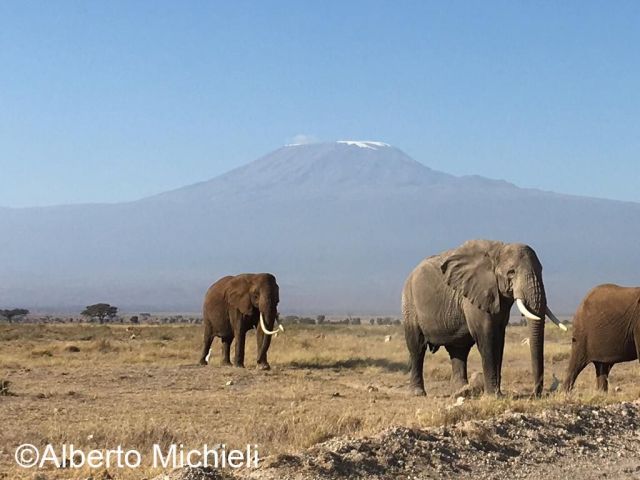
Amboseli National Park is one of Kenya's most popular parks and we can say that one of the ...
SAVANNAH
by Leni Frau
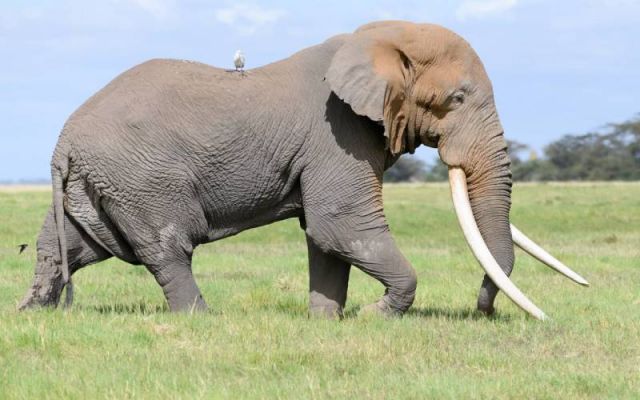
One of Kenya's largest and most famous elephants, known as Tim, died yesterday at the age...
ENVIRONMENT
by Freddie del Curatolo
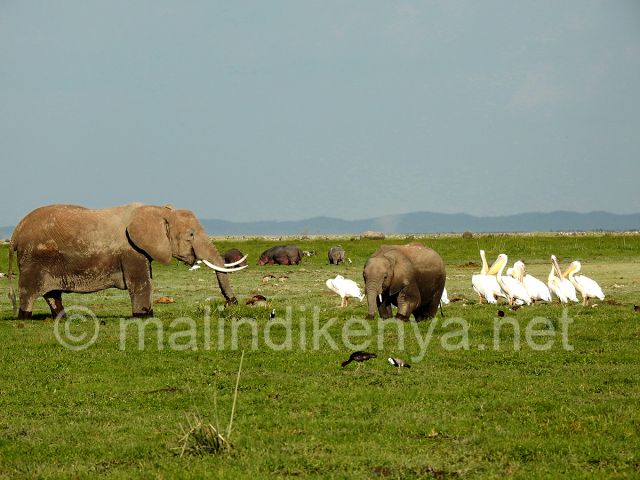
Called "the safari lounge," Amboseli National Park is famous not only for giving the view of Kilimanjaro from...
WILDLIFE TOURISM
by Freddie del Curatolo
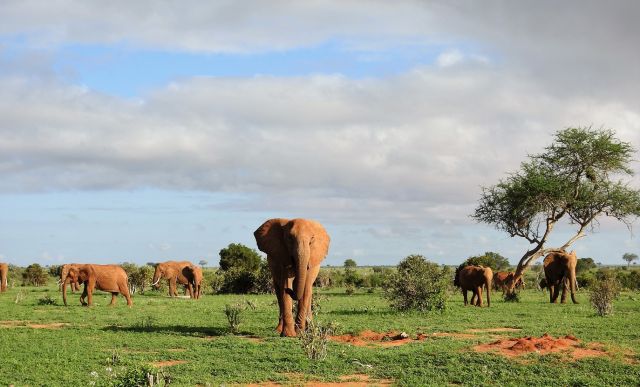
What will hopefully be the last drops of the season are giving way to the first sunshine...
EVENTS
by redazione
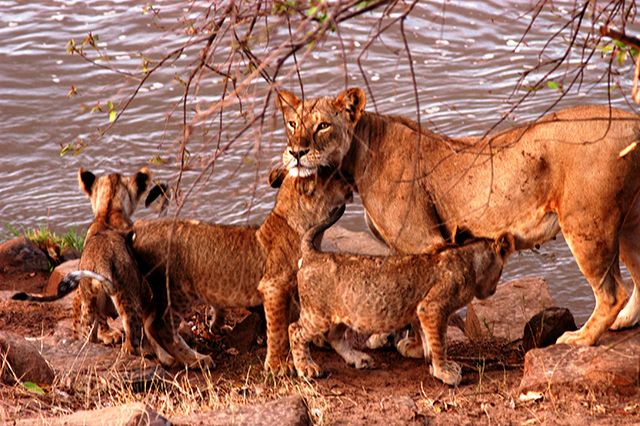
A promotion of three months to live all the excitement of the savannah, from Malindi, Watamu and Mambrui.
The idea of ​​Malindikenya.net which is part of our initiatives to boost tourism, has found the happy Osteria Swara Camp partnership, which...

No tourists, more time and privacy to "have sex," but that's not all.
This...
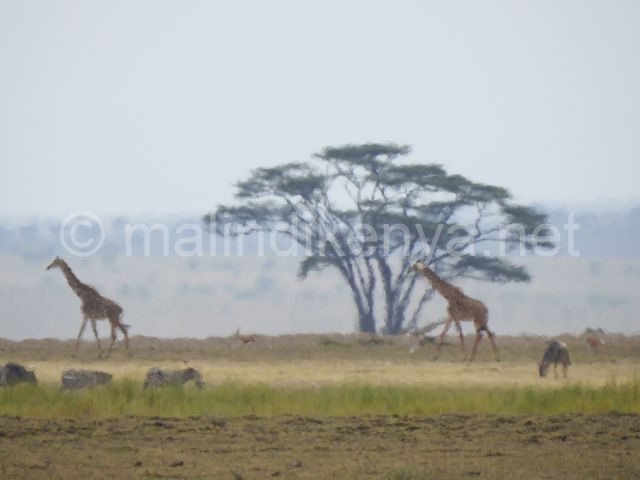
Kenyan safari agencies are experiencing a boom in bookings such as they have not seen in years, and...
by redazione
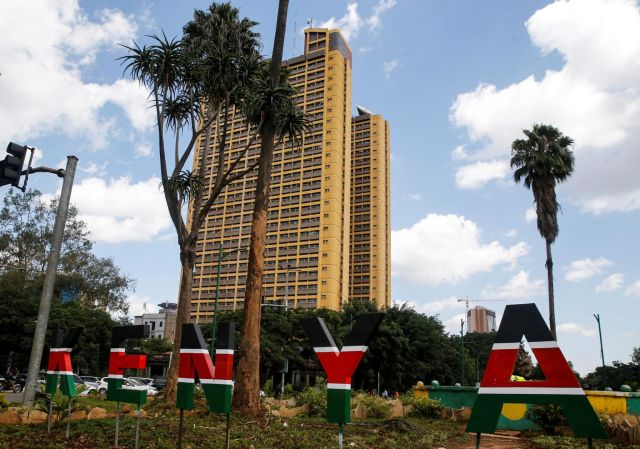
From the words of the Kenyan Minister of Home Affairs, Kithure Kindiki, it seems official that as of this month, the...
ENVIRONMENT
by redazione

The efforts made so far to ensure water to Tsavo National Park and its ecosystem may not be enough.
The closest savannah to the Kenya coast threatens to extinction in 15 years unless seriously created irrigation systems and new dams.
ENVIRONMENT
by redazione

The Italian company of safaris "Bush Company", with KWS, sponsors the observance of the rules in Tsavo.
Last week in the Tsavo East the safari company by Camilla Frasca Caccia, only Italian professional guide certified "Silver" KPSGA, has completed the operation...